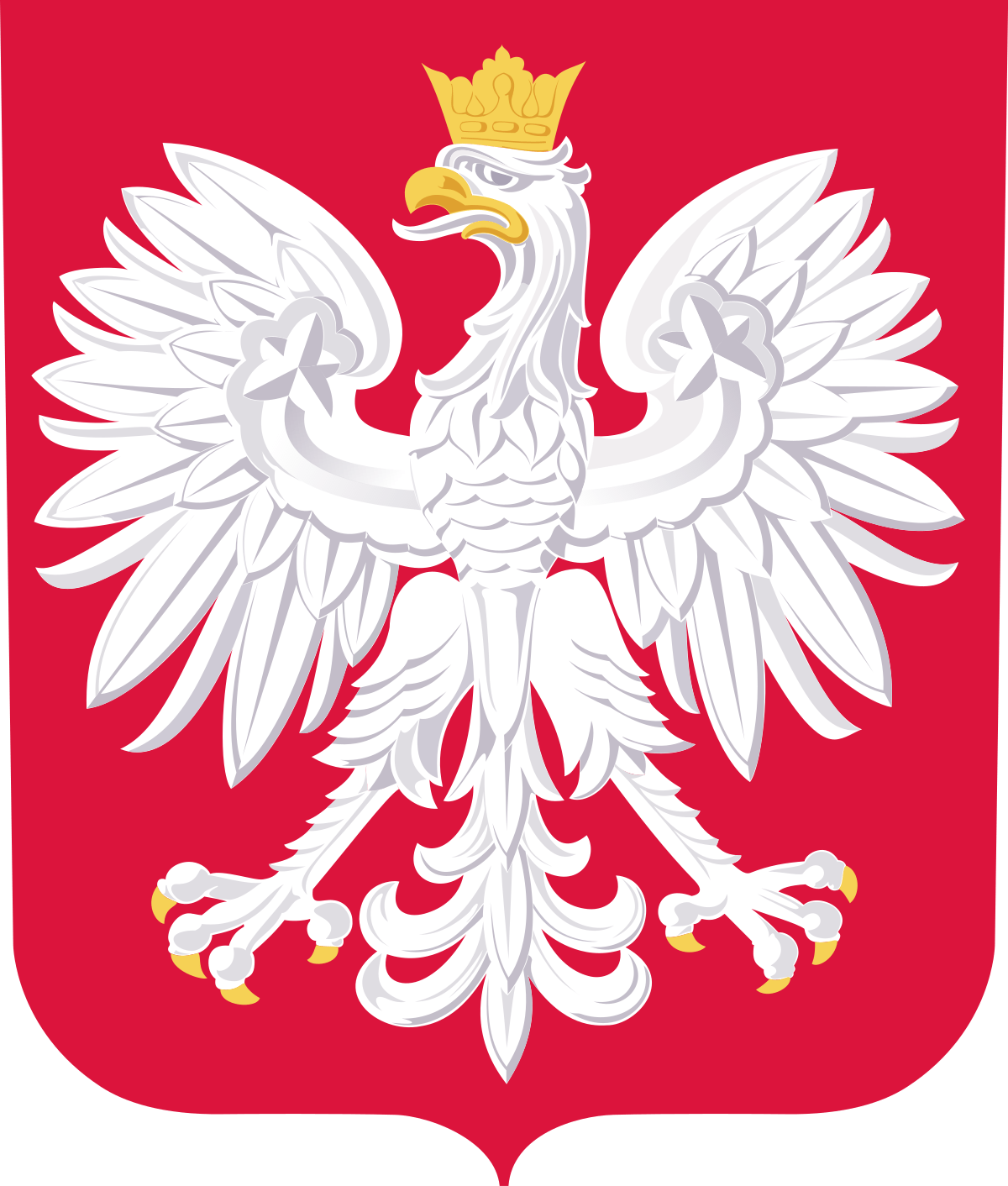
Saudi Arabia (The Green Men)
Round of 16: 1 (1994)
Group Stage: 4 (1998, 2002, 2006, 2018)
Current FIFA Ranking: 51
Salem Al-Dawsari
Read More
Yasser Al-Shahrani
Read More
Mohammed Al-Owais
Read More
Hervé Renard
Read More
Group C Schedule
Game 1 – Tuesday 22nd November 2022

Argentina
13:00 Qatar Time/10:00 GMT
Lusail Iconic Stadium, Lusail
Game 2 – Saturday 26th November 2022

Poland
16:00 Qatar Time/13:00 GMT
Education City Stadium, Al Rayyan
Game 3 – Wednesday 30th November 2022

Mexico
22:00 Qatar Time/19:00 GMT
Lusail Iconic Stadium, Lusail
Notable Honours
Consistently one of Asia’s top sides, Saudi Arabia have won the Asian Cup three times (1984, 1988, 1996) and reached the final on a further three occasions (1992, 2000, 2007). The Green Men have also impressed in the Confederations Cup, reaching the final in 1992 and achieving a fourth-place finish in 1999. Additionally, Saudi Arabia have won the Arabian Gulf Cup on three occasions and the Arab Cup twice.
Beginnings and Later Asian Cup Triumphs
In 1951, the notion of the Saudi Arabia national football team was conceived through a series of friendlies involving a combined XI from club sides Al-Wehda and Al-Ahli against a team from the Egyptian Ministry of Health. The following day, a combined XI from Al-Ittihad and Al-Hilal played the Egyptians. The day after that, a third friendly was played, again including players from Al-Wehda and Al-Ahli. These matches proved popular, and two years later, in 1953, the first united Saudi XI took part in international matches.
The Pan-Arab games in 1957 represented the first international tournament for the fledgling Saudi side, but this was to be the only participation for almost three decades. Eventually, Saudi Arabia entered and qualified for the Asian Cup in 1984 in Singapore by virtue of topping a group containing the United Arab Emirates and minnows Sri Lanka, Oman, and Nepal. Qualification was straightforward, with Saudi Arabia qualifying with a perfect record without conceding a single goal. Only the UAE (1-0) represented any challenge. Saudi Arabia then faced arch-rivals Iran in the semi-finals courtesy of progressing through an extremely tight group. Indeed, in the group, there were two 1-0 victories over Syria and Kuwait and two 1-1 draws with South Korea and Qatar. A late own goal from Iran’s Shahin Bayani and a stalemate in extra time ensured that the semi-final match went to penalties – 5-4 to Saudi Arabia. In the final, a 2-0 victory with goals from Shaye Al-Nafisah and leading all-time goalscorer Majed Ahmed Abdullah saw Saudi Arabia lift their first major trophy.
As reigning champions, Saudi Arabia were not required to qualify for the subsequent edition of the Asian Cup in 1988, held in Qatar. Progression through Group B was a tight affair, with victories over Syria and China (2-0, 1-0) bookended by draws with Kuwait and Bahrain (0-0, 1-1). Getting through the group stage rewarded Saudi Arabia with another semi-final meeting with Iran, with a 16th-minute goal from Abdullah securing passage to a second consecutive Asian Cup final. A tight affair with South Korea ended 0-0 after extra time, and the Saudis were able to win the shootout 4-3 to lift their second Asian Cup. In 1992, Saudi Arabia travelled to Japan to defend their Asian Cup crown. A 4-0 victory over Thailand ensured that the Saudis emerged from the group stage again, with the UAE standing between the Green Men and their third Asian Cup final in a row. Goals from Saeed Al-Owairan and Fahad Al-Bishi were enough to ensure progression. They met with hosts Japan in the final but were unable to secure a third Asian Cup triumph, succumbing to a 1-0 defeat.
World Cup Disappointments, Then Qualification for USA in 1994
Despite their impressive Asian Cup record, Saudi Arabia had, somewhat surprisingly, failed to qualify for the World Cup between 1978 and 1990. In 1978 and 1982, only one Asian/OFC qualification spot was on offer, with Iran and Kuwait qualifying respectively. In 1986 qualification was expanded to two places, with Iraq and South Korea successfully navigating the group stages. In qualification for Italia ’90, Saudi Arabia fared better, reaching the final group. Unfortunately, a series of disappointing performances saw them muster only one win from five matches – a 2-0 home victory in the final qualification match against North Korea. 1994 was different. Saudi Arabia qualified for the World Cup for the first time in their history following a decisive 4-3 victory over arch-rivals Iran in the final group match.
USA ’94 served to raise the profile of the Saudi national team and to bring attention to the likes of Sami Al-Jaber, Saeed Al-Owairan, Mohamed Al-Deayea and Majed Ahmed Abdullah. At the tournament, they were led by experienced Argentinian coach Jorge Solari. Opening with a narrow 2-1 defeat at the hands of the Netherlands, the Saudis were able to see off Morocco 2-1, with goals from Al-Jaber and Fuad Anwar. Somewhat improbably, Saudi Arabia beat a highly talented Belgian side containing household names such as Enzo Scifo, Michel Preud’homme, Marc Wilmots, Philippe Albert and Marc Degryse. Saeed Al-Owairan scored a goal of such quality that it was later declared the 6th best goal of the century. Indeed, it was a 65-yard dribble reminiscent of Diego Maradona in 1986. A game with Sweden in the last sixteen now beckoned. Striker Fahad Al-Ghesheyan reduced the deficit to 2-1 in the 85th minute, following goals from Martin Dahlin and Kennet Andersson. However, a second from Andersson was to break Saudi hearts and end their World Cup campaign.
Third Asian Cup and Further World Cups
Saudi Arabia added a third Asian Cup victory in 1996, winning both the semi-final and the final on penalties against Iran and the UAE respectively. In qualification for France 1998, the expanded tournament format of 32 teams allowed for up to four AFC qualifiers, and Saudi Arabia were to leave nothing to chance. Following a shaky start to Group A qualification, including disappointing defeats against China and Kuwait, the Saudis hit their stride and won two of their final three matches to top the group. Expectations were high following their outing in 1994, and as reigning AFC Champions but placed in a strong group with France, Denmark, and South Africa, this time they would not reach the knockout phase. A painful 4-0 defeat to eventual champions France was joined by a 1-0 loss to Denmark and an entertaining 2-2 draw with South Africa in the final group match.
Saudi Arabia reached yet another Asian Cup Final in 2000 but fell to a 1-0 defeat to rising Asian footballing power Japan. Qualification for the 2002 World Cup, held in Japan and South Korea, was comfortable, but the tournament proper was anything but. The Saudis recorded their worst-ever performance, exiting the group stage on the back of three defeats, including an 8-0 defeat to finalists Germany (with a headed hat-trick from Miroslav Klose) and a 3-0 defeat at the hands of the Republic of Ireland. Unable to emerge from a group containing Spain, Ukraine and Tunisia in Germany in 2006, Saudi Arabia were at least able to avoid defeat against Tunisia in Munich, earning a 2-2 draw in their opening fixture.
On the back of a failure to qualify in 2010 and 2014, Saudi Arabia were able to secure qualification for the fifth time in 2018. They suffered a heavy 5-0 defeat to hosts Russia in their opening fixture. However, the Saudis restored a measure of pride in the form of a narrow 1-0 loss to Uruguay and an unexpected 2-1 victory over Egypt in the final group match. They are in a tough group in Qatar, alongside good teams Poland and Mexico and world superpower Argentina. However, being underdogs will suit them.
Road to Qualification
Group Position: 1st (final group)
Record: Played:10 W:7 D:2 L:1 F:12 A:6 GD:+6 Points:23
Managing to top the final Asian Qualification group containing a strong Japan side and Australia was no mean feat. A campaign built upon defensive solidity, five 1-0 victories formed the backbone of their success, as well as a perfect home record.
Meet the Coach: Hervé Renard (age 54)
A hugely experienced coach, Frenchman Renard is noteworthy for becoming the first coach to win the Africa Cup of Nations with two different sides – unfancied Zambia in 2012 and Ivory Coast in 2015. His managerial career has taken him from SC Draguignan in his native France to Cambridge United, through to club spells in Vietnam and Algeria and to managing five nations at international level (Zambia, Angola, Ivory Coast, Morocco and Saudi Arabia). In terms of honours, Renard has won two Africa Cup of Nations trophies in addition to the 2013 COSAFA Cup.
Possible Starting XI and Style of Play

Renard prizes defensive solidity and being stubborn. Therefore, we can expect Saudi Arabia to adopt a cautious approach in what will amount to a very tough group facing world-class attackers. Renard experimented extensively during qualification, using a large pool of players, including eight different central defenders. This was an attempt to fine-tune his best XI. Saudi Arabia will likely use a 4-2-3-1 formation with two holding midfielders. They will look to press high and use the speed of their wide men. They know they are the underdogs but will hope to cause a shock on their home continent. In this regard, they will look to Salem Al-Dawsari to produce some moments of magic.
Squad List
Goalkeepers: Mohamed Al-Owais, Nawaf Al-Aqidi, Mohamed Al-Yami
Defenders: Yasser Al-Shahrani, Ali Al-Bulaihi, Abdulelah Al-Amri, Abdullah Madu, Hassan Tambakti, Sultan Al-Ghanam, Mohammed Al-Breik, Saud Abdulhamid
Midfielders: Salman Al-Faraj, Riyadh Sharahili, Ali Al-Hassan, Mohamed Kanno, Abdulelah Al-Malki, Sami Al-Najei, Abdullah Otayf, Nasser Al-Dawsari , Abdulrahman Al-Aboud, Salem Al-Dawsari, Hattan Bahebri
Forwards: Haitham Asiri, Saleh Al-Shehri, Firas Al-Buraikan
Key Players
Salem Al-Dawsari
Date and Place of Birth: (19.08.1991, Riyadh)
Current Club: Al-Hilal
Caps/Goals: 66/17
A hugely exciting player with an eye for the spectacular, Al-Dawsari will provide a significant goal threat in a group where chances will be at a premium. A highly technical player who is comfortable with both feet, we can expect to see Al-Dawsari in something approaching a free role. As such, it is hoped that he will be able to work his magic in tight spaces and with half chances. He will be up against it as an attacker in this Saudi team, given the quality of the opposition, but if they are to produce a shock, a lot will depend on him.
Yasser Al-Shahrani
Date and Place of Birth: (25.05.1992, Dammam)
Current Club: Al-Hilal
Caps/Goals: 70/2
An integral part of an impressive Al-Hilal side which has won 5 of the last six domestic titles, Yasser Al-Shahrani is a hugely reliable player. Capable of playing on either flank with pace to burn and a consistent end product on the attacking end, Al-Shahrani will be crucial in providing both an outlet in support of attacks and also will prove to be an obstinate defender going back the way. He is critical for Renard.
Mohammed Al-Owais
Date and Place of Birth: (10.10.1991, Al-Hasa)
Current Club: Al-Hilal
Caps/Goals: 37/0
The undisputed first-choice goalkeeper Al-Owais was instrumental in Saudi Arabia’s qualifying campaign. Indeed, he formed a crucial part of a defensive unit that conceded only six goals en route to qualifying for Qatar. Al-Owais has a deserved reputation for superb agility and reaction saves combined with a focus and concentration that can serve to frustrate opponents. If things go to form, he will be busy in Qatar, so he must be on top of his game.
